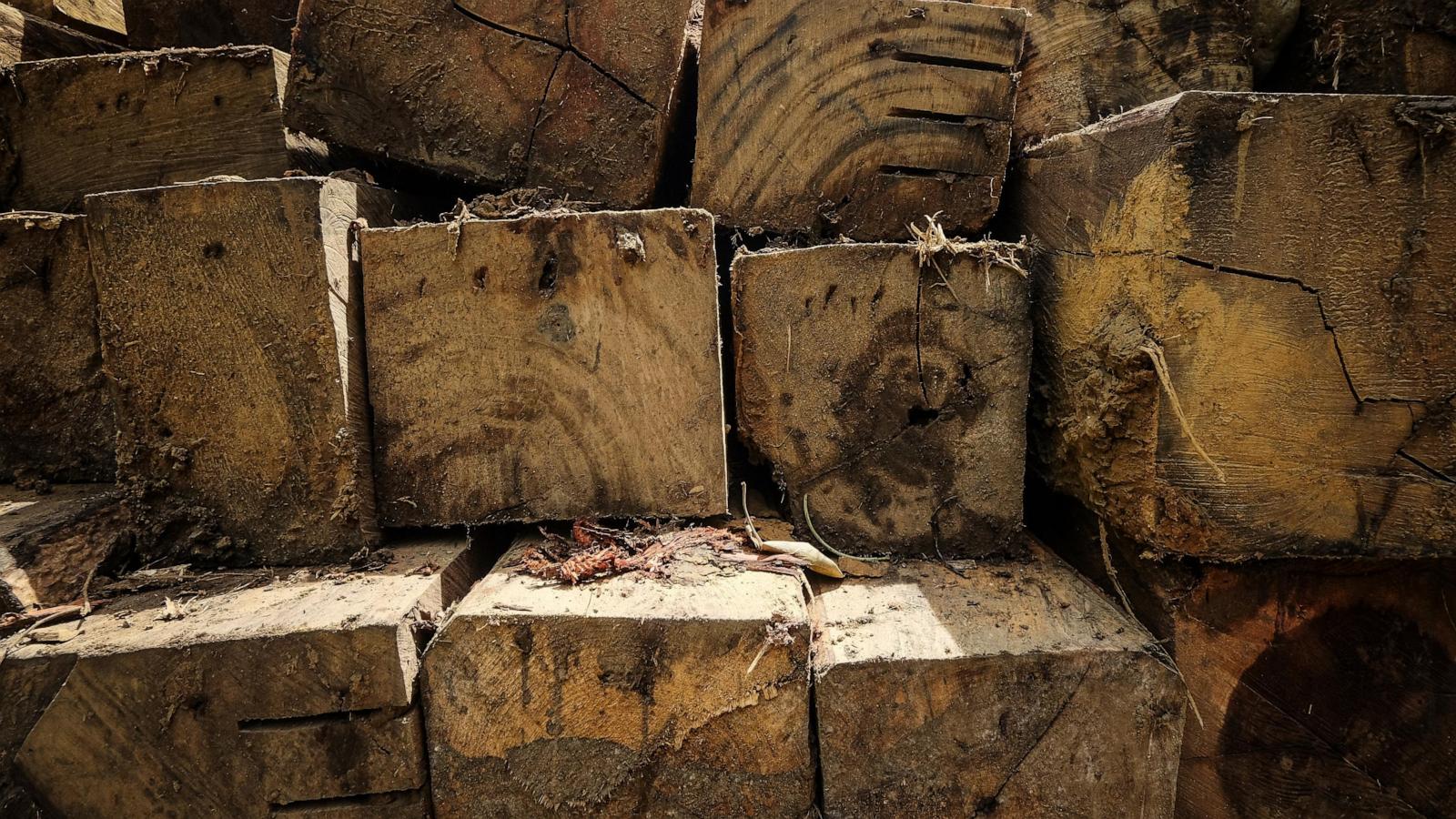South Korea's Controversial Biomass Energy Subsidies: A Green Energy Disaster?
Are you concerned about the impact of energy policies on the environment? Recent revelations about South Korea's biomass energy subsidies have sparked intense debate. This seemingly green initiative has been linked to devastating deforestation in Southeast Asia and a dramatic increase in carbon emissions, leaving many to question whether the solution is truly sustainable. This in-depth article explores South Korea's biomass energy program, the resulting ecological damage, and the ongoing struggle for environmental reform.
The Biomass Energy Boom and its Unforeseen Consequences
South Korea's reliance on biomass energy, particularly wood pellets, has skyrocketed in recent years, propelling it to become the world's third-largest importer of biomass fuels, trailing only the United Kingdom and Japan. To stimulate the biomass energy industry and achieve renewable energy targets, South Korea invested millions of dollars in subsidies through its renewable energy certificates program. This incentive fueled a dramatic increase in wood pellet imports, mostly from Indonesia and other countries rich in forested areas.
The Dark Side of Green Energy
While biomass energy is often promoted as a sustainable alternative to fossil fuels, the reality is far more complex. The increased demand for wood pellets has created a domino effect. The South Korean biomass power plants largely depend on cheap imports, leading to the widespread deforestation of natural forests. Reports indicate a direct correlation between increased imports and forest degradation, particularly affecting the pristine ecosystems of Indonesia. Moreover, the practice of co-firing biomass with coal hasn’t just extended the lifecycle of outdated power plants but might also potentially lead to more carbon emissions than just burning coal alone.
Environmental Backlash and Policy Reform
Facing mounting domestic and international criticism, the South Korean government has begun to reform its biomass energy subsidy policies. In 2024, the South Korean government announced a phased reduction and eventually removal of all subsidies, starting with a complete halt on new biomass power plants. However, the slow timelines for phasing out these policies in existing plants, as well as some loopholes, raise concerns about true environmental responsibility. The move will impact not only domestic policy, but potentially the global energy transition by setting a precedent.
Loopholes and Delays in Reform
Although this represents progress, some critical issues remain. The new regulations exempt certain biomass facilities, including those already under construction or in the planning stage. Domestically produced wood pellets and those used in coal co-firing power plants, continue to receive support. Environmentalists claim these provisions undermine the efforts toward real reform and may put additional strain on already compromised forests.
Long-Term Implications and the Path Forward
South Korea’s approach has spurred international discussions regarding the true sustainability of biomass energy. Experts claim this is a significant shift in global discourse around biomass subsidies and will certainly prompt more countries to review their own energy policies. While cutting subsidies is an important initial step, significant efforts are required for long-term ecological stability and carbon reduction. Investing in waste-based bioenergy solutions and accelerating transitions toward truly clean energy sources such as solar and wind, remains the long term answer.
Global Perspective and Sustainable Alternatives
The impact of this decision ripples far beyond South Korea’s borders. Globally, countries must analyze their energy policies critically, ensuring they don't contribute to unsustainable deforestation or harm precious ecosystems. The shift toward a greener world needs to consider the entire life cycle of biofuels and the potential ramifications. The pursuit of ‘green energy’ needs to truly embody and achieve green practices – and not fall prey to merely a perception of ‘green-washing’ practices. More sustainable biofuel solutions and the development of better policy implementation systems should be prioritized and adopted worldwide.
Take Away Points
- South Korea's biomass energy subsidies initially promoted sustainability, yet contributed substantially to deforestation and carbon emissions.
- Recent reforms aiming at cutting these subsidies still face criticisms, owing to certain loopholes and lengthy phase-out periods.
- The event provides an opportunity for international communities to critically assess their reliance on unsustainable biomass sources.
- The emphasis must be on adopting truly green technologies and strategies such as the utilization of renewable waste materials and improved governmental policies.




